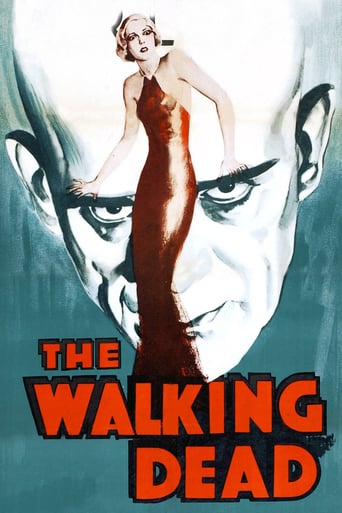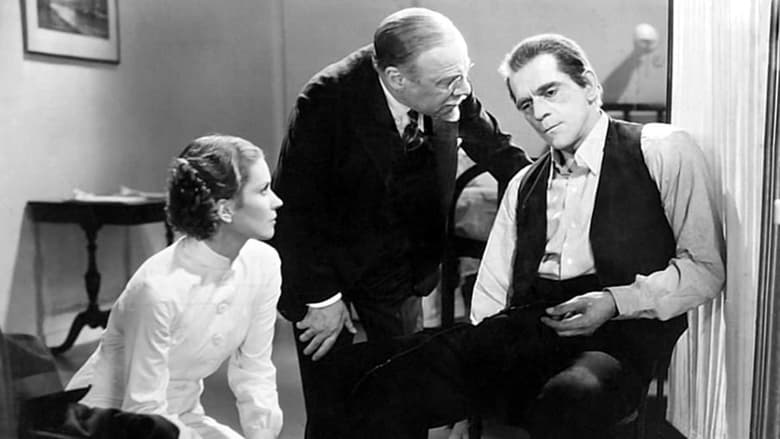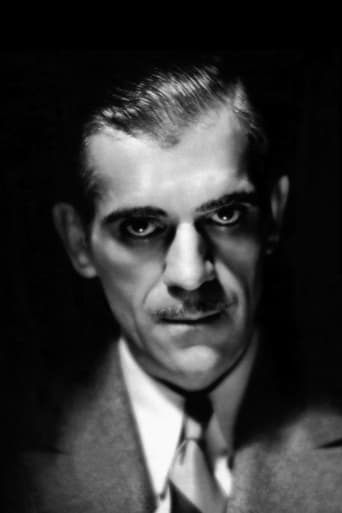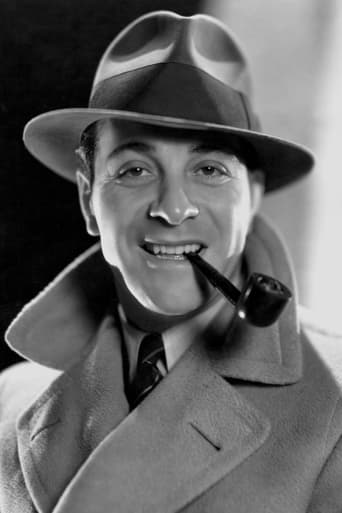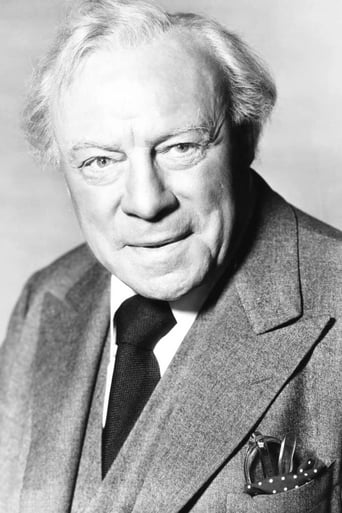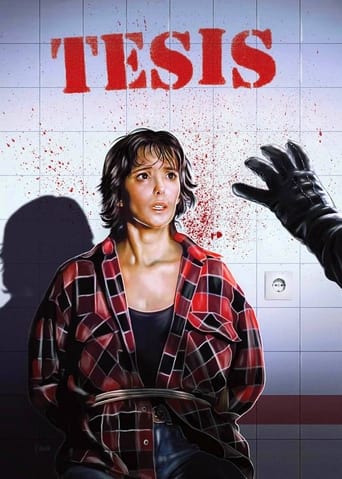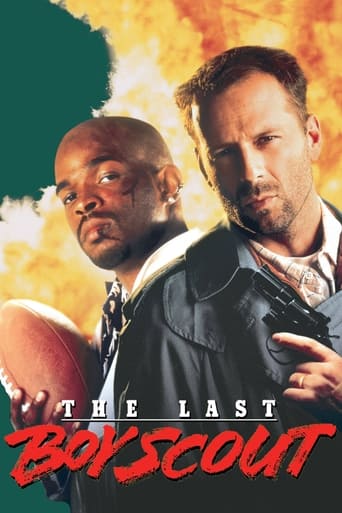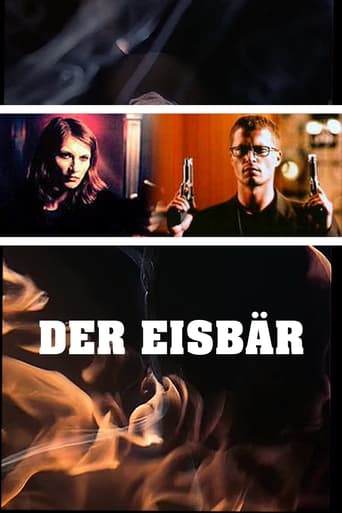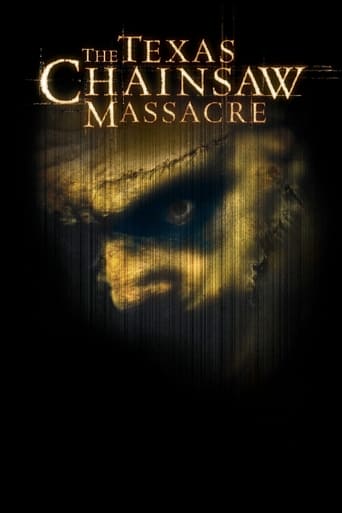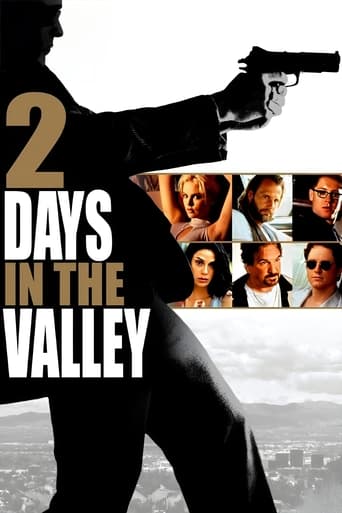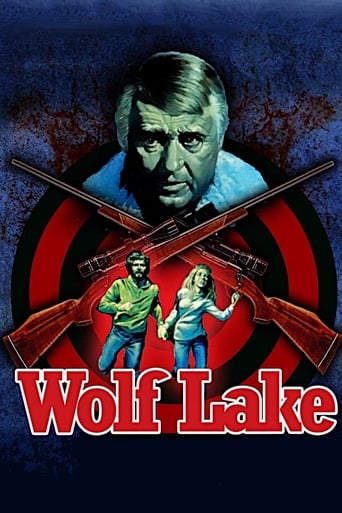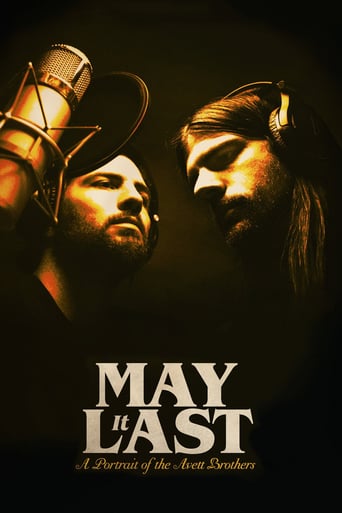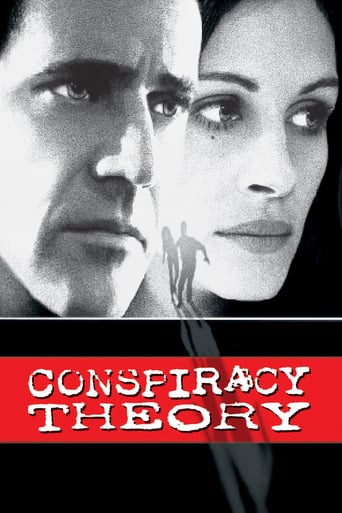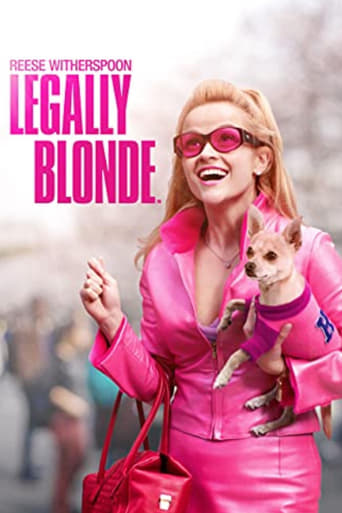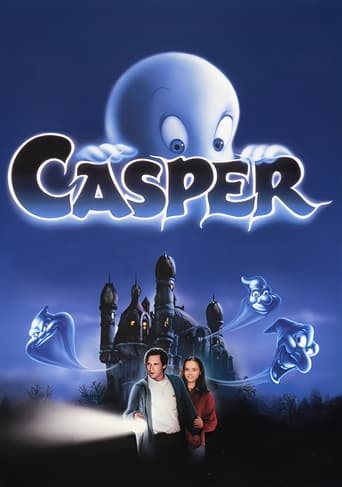The Walking Dead (1936)
Down-on-his-luck John Ellman is framed for a judge's murder. After he's convicted and sentenced to death, witnesses come forth and prove his innocence. But it was too late for a stay to be granted and Ellman is executed. A doctor uses an experimental procedure to restore him to life, though the full outcome is other than expected.
Watch Trailer
Free Trial Channels
Cast


Similar titles
Reviews
Truly Dreadful Film
Slow pace in the most part of the movie.
How sad is this?
A story that's too fascinating to pass by...
No, this is not the comic book or TV series, and there are no zombies to be seen. In this case, "The Walking Dead" is the story of John Ellman - an ex-con who just two weeks after his release from prison is wrongfully convicted of the murder of the judge who originally sentenced him for his earlier crime. Ellman is the victim of a conspiracy among a group of rackateers who wanted the judge dead - a conspiracy that included his own lawyer. But Ellman's "good fortune" (maybe) is that Dr. Beaumont has been doing experiments involving bringing the dead back to life. Convinced by two of his associates (who know Ellman is innocent) to try his procedure on Ellman, Beaumont succeeds in raising him from the dead - and becomes fixated on what Ellman experienced while dead (although that really isn't a particularly well developed sidebar to the story.) Ultimately, Ellman takes revenge on those who framed him - although his revenge seems to be somewhat supernatural, and he never actually touches anyone.There's a "Frankenstein-ish" quality to this very short movie - which includes Boris Karloff (famous, of course, as Frankenstein's monster in the 1931 movie and the later "Bride of Frankenstein" in 1935.) In fact, Karloff apparently expressed some concerns that in the original script, Ellman was too much like the monster - especially because of his inability to speak - and the script was rewritten to accommodate Karloff's concerns. Even Beaumont's process of reviving Ellman resembled Dr. Frankenstein's experiment just a little bit - with bolts of lightning involved. To me, Karloff seemed to put on a ho hum performance. It wasn't especially riveting, although director Michael Curtiz made good use of close ups of Karloff's eyes. But this movie really wasn't at all frightening, and Ellman was no monster, although, again, there's a similarity to "Frankenstein" in the fact that both Ellman and the monster Karloff portrayed in the earlier movies were both objects of sympathy, not really responsible for anything that happened. Aside from the lack of any real fear factor, the movie may have tried to pack a little bit too much into 66 minutes. There are a lot of characters and a somewhat convoluted plot.Aside from Karloff, I immediately recognized Edmund Gwenn. Still more than a decade away from his famous turn as Kris Kringle in "Miracle on 34th Street, Gwenn here was Dr. Beaumont. He was all right in the role, but I honestly didn't feel that any of the cast were particular standouts, and the story is, for my taste, too much of a rehash of some of the basic plot of "Frankenstein." (3/10)
this is an interesting film but it has holes in the story.this is not a zombie film.Karloff gets his vengeance but it comes at times without a clear explanation. for instance, when Karloff suddenly appears in the boarding house where his first victim is, how does Karloff know to go there? how did he remember this person?has he been holding out on the doctor when he was queried about being able to remember his past?or has Karloff developed another capability when he was brought back to life? the ability to read minds and know the whereabouts of the people he seeks to destroy?not a sixth sense but maybe ESP or something psychic.this holds true as well for his second victim at the train station. Karloff is there waiting for him, yet how did Karloff know the guy would show up there?we are not given this information in the story or any clue of it.these are some of the holes in the story, and thus it makes the film disjointed.
This neat little Warner Brothers thriller with touches of science fiction and horror is the story of a group of legal eagles who find out that a man that they've sent to the electric chair (Boris Karloff) is innocent and delay their call to the governor to save his life. Scientist Edmund Gwenn, already convinced of his innocence, manages to bring him back through utilizing an experiment he was on the verge of perfecting, and the resurrected Karloff is a man who may or may not be obsessed with revenge. He confronts several of the men, including the one who framed him in the first place, and they die, but not as a result of his hands.The insinuation here is that the men, so paranoid of his vengeance, drove themselves to their deaths. Warner Brothers, so adept in prison and gangster films, throws in a bit of Universal style horror to make a better than average "B" film with some good character performances (Barton MacLane is memorably malevolent as one of the criminals) and usual romantic hero Ricardo Cortez as a bad guy. Karloff gives a sympathetic portrayal a the victim of the law's evil ambitions. Gwenn's obsession with the idea of knowing what happened in the hour that Karloff was dead adds an interesting twist that should have the viewer thinking on a lot of different levels.
Seems almost like a "metaphysical" horror movie instead of the more limited supernatural type. Back-from-the-dead Karloff seeks to confront those who framed and got him executed on a murder charge. However, it's pretty clear he seeks no more than peaceable reproach, and that the accidents befalling the culprits as he confronts them come from an unseen hand instead of Karloff's. Ellman (Karloff) is, throughout, an innocent party who only wants to make good music, an ultimately tragic figure caught up in a strange universe.Now, there may be a cosmic sense of justice in the unseen hand that punishes those responsible for Karloff's execution. Nonetheless, I wonder where that cosmic hand was when Karloff was unjustly framed, in the first place. Perhaps, that has something to do with the "jealous god" referred to at the end. If so, the god would be better described as a fickle one.Metaphysics aside, Karloff delivers what amounts to a soulful performance, showing those traits that made even his heavily made-up Frankenstein something of a sympathetic monster. And catch that recital scene where a ghoulish-looking Karloff throws the fear of retribution into the depths of his tormentors. It's a dramatic high point. The movie itself combines Warner's trademark gangster fare with Universal's horror specialty , as one reviewer perceptively observes. Note too, the fast-moving tabloid approach to the trial proceedings, also a Warner's specialty.All in all, the movie amounts to an interesting variation on the familiar theme of the undead, made more so by Karloff's unusually sensitive performance. And that final scene that inquires into the secrets of the universe is both consistent with the movie's theme and moodily well handled. (In passing— Karloff's John Ellman is shown as a passionate devotee of classical music. Perhaps, the character was named after the Ukrainian musician Mischa Elman, then making a name for himself as a concert violinist.)

